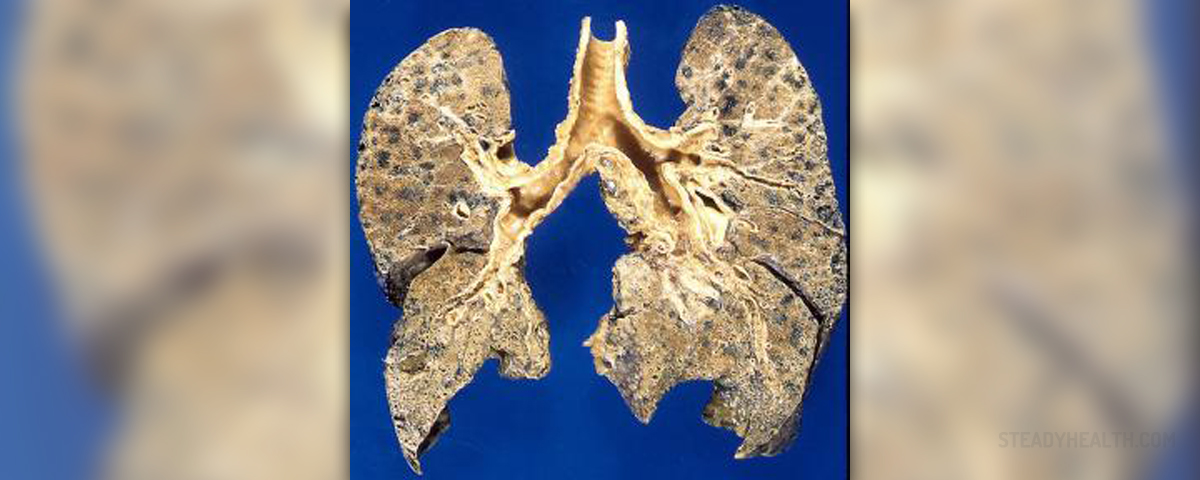
What Is Emphysema?
Emphysema is a long-term, progressive disease of the lungs. Emphysema is a type of chronic obstructive pulmonary disease (COPD) and is often accompanied with chronic bronchitis. The alveoli, tiny air sacs found in clusters in the lungs, are mainly affected by emphysema. The alveoli expand when we inhale and squeeze as air is pushed out of the lungs. This role of the alveoli is enabled due to elasticity of the alveolar walls. However, in emphysema, this elasticity is lost which affects ability of the alveoli to expand and shrink during breathing. The air can not get out of the lungs and remains trapped inside, leading to accumulation of carbon dioxide. Also, new air has difficulty entering the lungs and all of that causes signs and symptoms of emphysema such as difficulty breathing and chronic cough.
Emphysema is divided into four stages: at-risk emphysema, mild emphysema, moderate emphysema and severe emphysema. This lung disease is more common in men and the main risk factor for development of emphysema is cigarette smoking. Other risk factors include exposure to pollutants and chemicals, older age, severe lung infection, family history and certain enzymes.
Signs and Symptoms of Emphysema
In emphysema, the alveoli gradually deteriorate and the disease causes subtle symptoms thus often goes unnoticed. However, there are several specific symptoms associated with emphysema. Shortness of breath is the main symptom of the disease and it is especially pronounced with physical activity. Naturally, this causes reduced capacity for physical activity. Shortness of breath is caused by problem with exhalation. In advanced stages of emphysema, shortness of breath can be experienced even at rest.
Rapid breathing, also known as tachypnea, is also a common symptom of emphysema. Chronic, persistent cough is present too and is often caused by production of mucus. This cough may indicate chronic bronchitis and be accompanied by sputum.
Cyanosis or blue color of the skin occurs due to lack of oxygen. This emphysema symptom may be temporarily present, especially after physical strain. Barrel chest is a symptom of advanced emphysema. Barrel-shaped appearance of the chest occurs due to trapped air in the alveoli. Fatigue, loss of appetite and weight loss are also associated with emphysema.
Treatment for Emphysema
There is no cure for emphysema but the disease is treatable. The treatment is determined by the stage of emphysema. There are several treatment options for emphysema. Bronchodilators are medications used to relieve cough and shortness of breath as they cause airways to dilate and promote air flow. Inhaled corticosteroids are also used in the treatment in order to suppress inflammation of the lungs.
Antibiotics are used if lung infection develops while supplemental oxygen is used in severe emphysema to relieve shortness of breath. Surgical treatment can also be used, to alter the lung volume. The procedure is known as lung volume reduction surgery.


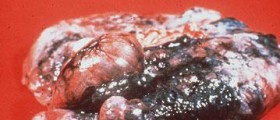


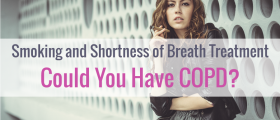


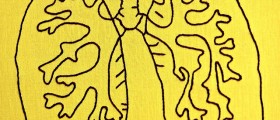



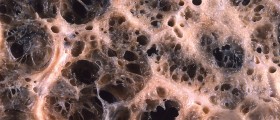
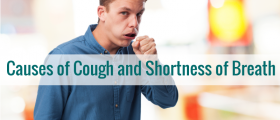
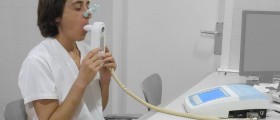


Your thoughts on this
Loading...